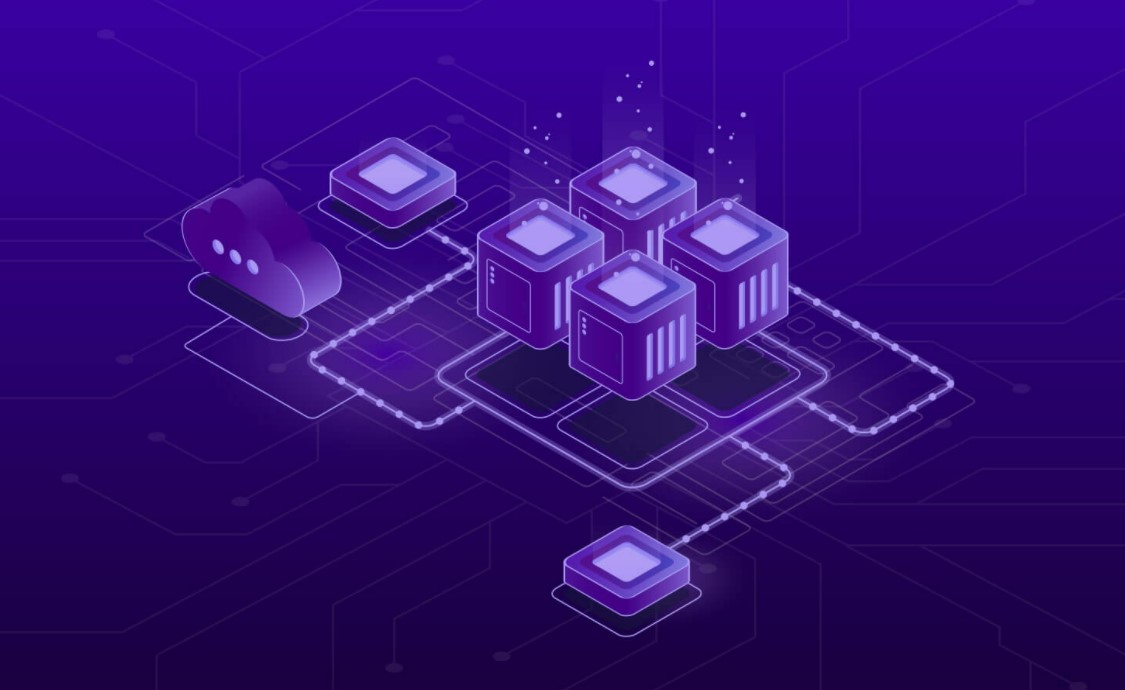According to a survey report by ResearchandMarkets.com, the data engineering market is expected to observe growth at a CAGR of 16.3% over the forecast period of 2021-2026. Gartner explains data engineering as “a methodology of making the appropriate data accessible and available to various data consumers (including data scientists, data analysts, business analytics and business users).”
Not a very long time back, merely data storage and processing were dominant challenges. The emergence of the Cloud has transformed both storing and processing of data into assets or commodities. This largely allowed and helped the teams to concentrate on bigger problems such as efficiently handling metadata management, integration of various data systems, tracking, and realizing a high data quality. Today, as more organizations look at modernizing their analytics environments, their use of data engineering to drive better business insights is on the rise.
To understand it in simple words, data engineering involves the task of making raw data used by data scientists and groups in an organization. It also includes a number of specialties of data science. Data engineering also creates an analysis of providing predictive models and exhibit short- and long-term trends.
Data engineers help data scientists and data analysts find the right data, make it accessible in their environment, ensure the data is credible and that sensitive data is hidden, functionalize data engineering pipelines, and also ensure less time is spent on data preparation.
Enterprises must opt for a platform and AI-driven approach for end-to-end data engineering instead of stitching together piecemeal solutions. The platform must also support technologies like cloud, Spark, serverless, and Kafka that have led to the emergence of data engineering.
- Find the right dataset with an intelligent data catalog.
- Bring the appropriate data into your data lake or ML environment with mass ingestion.
- Functionalize your data pipelines with enterprise data integration.
- Process real-time data at scale with AI-powered stream processing.
- Shield confidential information with intelligent data masking.
- Safeguard trusted data to be available for insights with intelligent data quality.
- Streamline data prep and enable collaboration with enterprise-class data preparation.
In this article, we looked at the data engineering market insights and some of the existing data engineering challenges. Now, we will also take a look at how VirtueTech can take care of and add value to your data engineering needs.
- Our solution can help your business to power up your ‘Data As a Service’ capability and turn big data pipelines into robust systems prepared for business analytics.
- Our team works dedicatedly to enable access to the right format of data at the right time across your enterprise.
- Our data engineering solutions cannot only help to accelerate the integration of analytics into your business process, but also reduce time and complexity, and ensure compliance with security and privacy requirements. This can assure that your business can effortlessly adapt to new technological changes.
- We also offer an integrated approach to collect, store, govern, and analyze data at any scale for driving a successful data engineering initiative in your organization.
The world today is focusing on data science to draw insights and leverage the benefit from the data. What we forget is to optimize and improve the data science processes. Data engineering services facilitate existing data science solutions and add value to the business by saving costs and time.
Share your thoughts on data engineering with us at contact.us@virtuetechinc.com and we will help you find out the scope of data engineering in your business.




